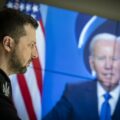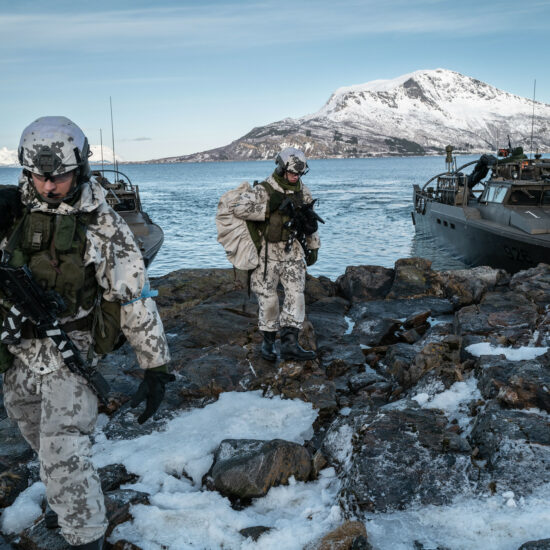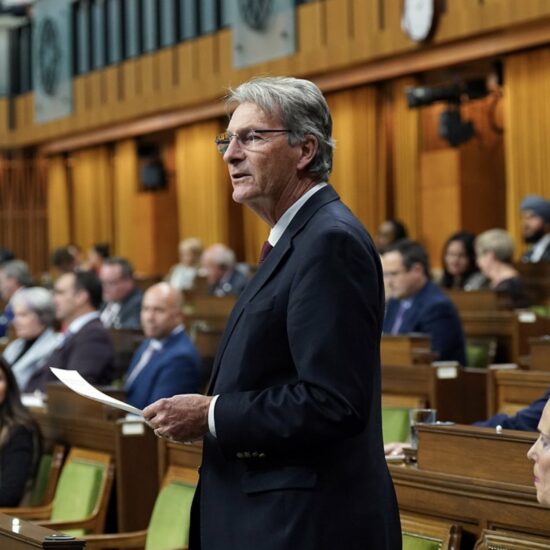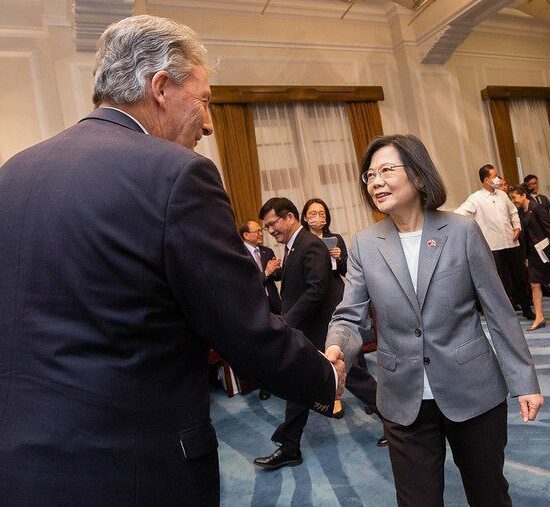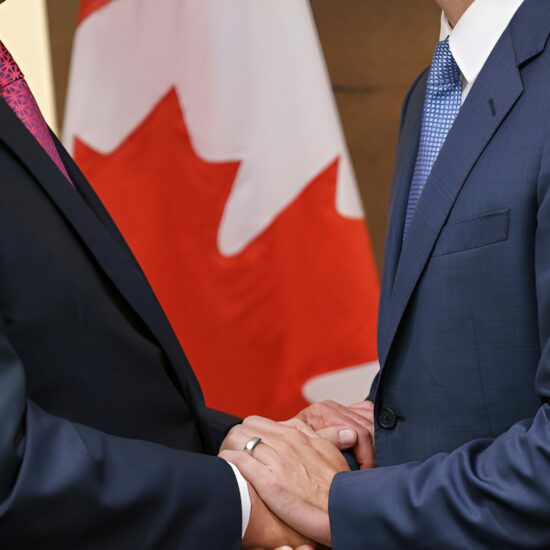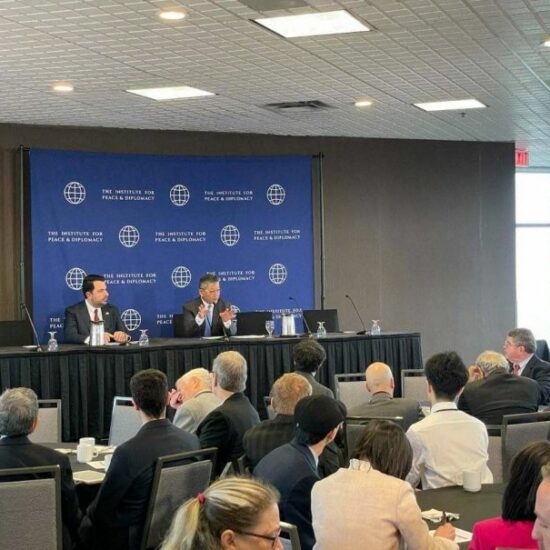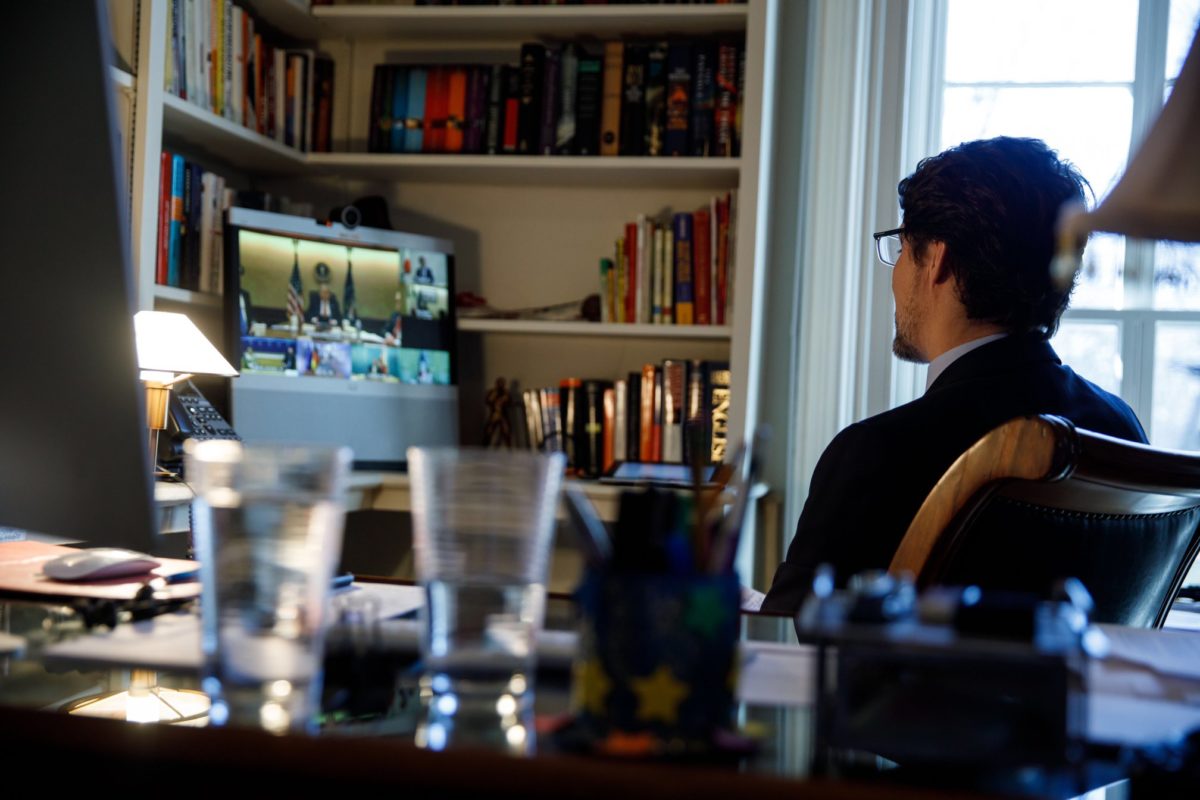
The pandemic has demonstrated that in our interconnected world order, we cannot protect the Canadian mainland without projecting our reach abroad.
By Pouyan Kimiayjan
The Trump administration has officially begun to withdraw from the World Health Organization (WHO), creating a budget vacuum that will limit the organization’s ability to help impacted countries fight COVID-19. Meanwhile, the pandemic has demonstrated that in our interconnected world order, we cannot protect the Canadian mainland without projecting our reach abroad. While closing borders can be a short-term solution, the Canadian economy will inevitably open its doors to cross-border travel and international tourism, thus making our citizens vulnerable to the ongoing pandemic and other potential viruses. And once a vaccine is produced, its distribution will not be immediate. The global economy is in a recessionary period and developing countries have been hit the hardest. This environment will most likely translate to higher refugee numbers and thus a matter of health security for Canada. In this light, Canada must increase its cooperation with multilateral institutions, recalibrate its foreign aid efforts, and assist the most vulnerable countries.
Thus far, the pandemic has dealt a heavy blow to developing countries. Limited testing capacity, poor health infrastructures, and weak social security programs have exasperated the crisis. In low-income countries, social distancing carries a high cost: vulnerable members of society have low food stocks, small savings, and are dependent on casual labour. Under these conditions, working from home is not an option. And once unemployed, many will then suffer from poor nutrition and hunger arising from economic isolation. Meanwhile, a number of developing countries, including India, Mexico, and the Philippines, are losing billions of dollars as their overseas migrant workers are becoming unemployed in record numbers. Just last year, tens of millions of migrant workers working overseas sent a staggering $554 billion back to their home nations.
In Western Asia, cash-strapped governments are unable to financially accommodate their vulnerable populations. In sanctions-hit Iran, the government couldn’t afford to impose a nation-wide lockdown, while also fearing a potential rise in unemployment numbers. Now, a second-wave of COVID-19 cases has emerged in the country, with the government still financially unable to impose a quarantine and resorting to making face masks mandatory for the general public. In war-torn Syria, the country’s limited testing capacity has only recorded 372 cases, and refugee camps across the world are also fearing a surge in coronavirus cases.
To help the most vulnerable nations, Canada needs to significantly improve its foreign aid track record. In 2018, the Organisation for Economic Co-operation and Development (OECD) protested that as a share of gross national income, the federal government’s spending on international development was still below where it was under the Harper government. Not only the Trudeau government has failed to outspend the Harper government on foreign aid, Canada also ranks lower than its European counterparts. Recently, Canada lost its bid to gain a seat on the United Nations Security Council, failing to win against Ireland and Norway. The two countries have increased foreign aid spending in recent years, while Canada’s aid spending has remained stagnant. This poor track-record is unjustifiable given that Canada’s economy is more than four times larger than Ireland and Norway.
Fortunately, the Trudeau government has recently pledged $300 million to address humanitarian concerns of COVID-19 abroad. This contribution includes $120 million toward the Access to COVID-19 Tools (ACT) Accelerator, recently created by the World Health Organization, the European Commission, the Bill and Melinda Gates Foundation, and the French government, aimed at ensuring equitable access to medical treatments. The contribution also includes $180 million to address the developmental and humanitarian ramifications of the pandemic. Since the emergence of COVID-19, the government has channeled much of its foreign aid through international organizations. This effort is highly welcome, particularly as the United States has failed to take the lead on the global stage. Canada must stay on course and build on this effort.
On the other hand, Canada must recalibrate its foreign aid agenda and prioritize fighting COVID-19, until a vaccine is produced and distributed in adequate numbers across the world. We can begin targeting the most-impacted countries, help strengthen their health infrastructure and keep their economies afloat. Foreign aid contributions are not fixed and can change on an annual basis. For example, compared to 2018, our foreign aid to Syria increased by 21%, while assistance levels to Afghanistan decreased by -22% in 2019. Henceforth, in the next upcoming year, we can temporarily divert our funding away from countries that have managed to flatten the curve, and instead focus on countries with low testing capacity, surging cases, and ones that have suffered the most economically.
The recent United Nations Security Council vote must serve as a reminder that the Trudeau government has so far failed to improve its global image as a proactive middle power. The negative implications of a global economic turndown and the resurgence of a second wave, originating from a foreign source, are serious risks to our national security. We can increase our international aid contributions and reform our foreign aid program, an approach that will be mutually advantageous to Canada’s national interest as well as its global standing.

